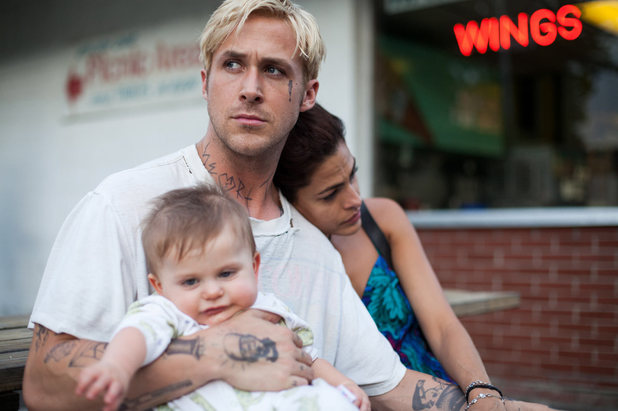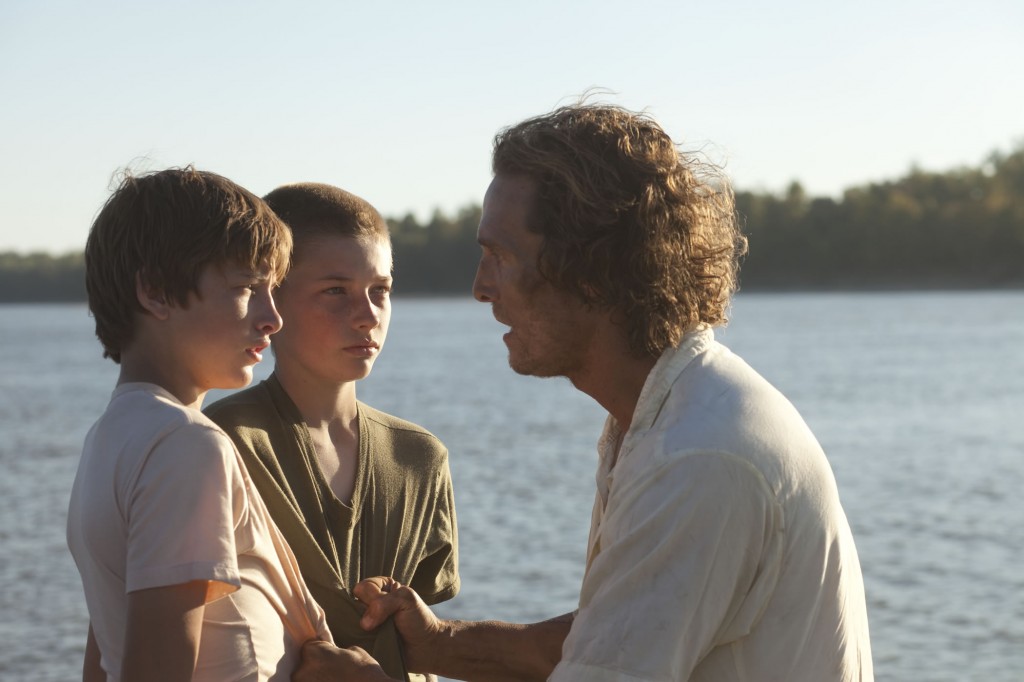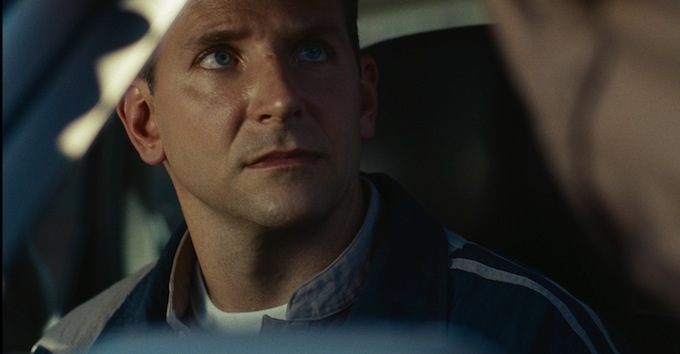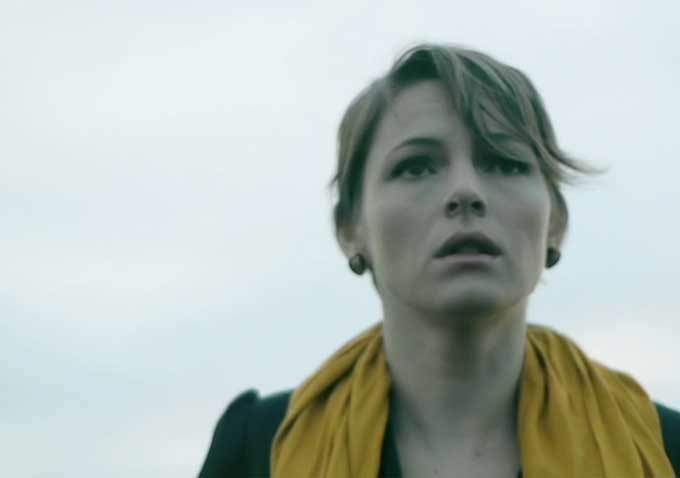
2013 gave us an uncommonly thoughtful crop of movies that explored the relationship of fathers and sons. The most widely recognized was Nebraska, with Bruce Dern as the alcoholic and addled geezer whose bitterness is rooted in the frustration of his modest aspirations by both circumstance and by his own shortcomings. His son (Will Forte from Saturday Night Live) longs for a relationship with his father that he had never thought possible before. The son makes a valiant effort, but the father is long past any sentimentality. Dern has stated that he called upon his own experience with unsupportive parents to play the film’s most searing scene.
The Place Beyond the Pines reflects on the Old Testament passage “the iniquity of the fathers shall be visited upon the sons”. Indeed, the successes and flaws of fathers, and the choices they make, impact their sons. And sons are often driven to be like or unlike their fathers, to match them or to surpass them. At first, the story follows a familiar path for a crime drama – a motorcycle trick rider (Ryan Gosling) turns to bank robbery and has an encounter with a cop on patrol (Bradley Cooper). But the screenplay embeds nuggets about how both men feel about their fathers and how those feelings drive their actions. Both men have infant sons, and the father-son theme becomes more apparent as the story resumes fifteen years later with a focus on their own sons as teenagers.
The corporate farmer at the center of At Any Price is Henry Whipple (Dennis Quaid). Henry is a driven man, consumed by a need to have the biggest farm and to sell the most genetically modified corn seeds in southern Iowa. Henry is also stupendously selfish, utterly tone-deaf to the needs of anyone else. Despite Henry’s dream to hand the business to one of his two sons, they despise him. The older son has avoided conflict by escaping to a vagabond life in international mountain climbing. The younger son, Dean (Zac Efron), plans his escape as a NASCAR driver and seems well on his path. Stuck on the farm for now, he can barely tolerate his father’s incessant grasping. We are left with two men who finally must appreciate who they really are, whether we like them or whether they like themselves.
In You Will Be My Son, Niels Arestrup (A Prophet, War Horse) stars as the owner of French wine estate who places impossible expectations on his son, with lethal results. The poor son has gotten a degree in winemaking, has worked his ass off on his father’s estate for years and has even married well – but it’s just not enough for his old man. The father’s interactions with the son range from dismissive to deeply cruel. The father’s best friend is his longtime estate manager, whose health is faltering. The son is the natural choice for a successor, but the owner openly prefers the son’s boyhood friend, the son of the manager. The first half of You Will Be My Son focuses on the estate owner’s nastiness toward his son, which smolders throughout the film. But then the relationship between the sons turns from old buddies to that of the usurper and the usurped. And, finally, things come down to the decades-long relationship between the two old men. Deep into the movie, we learn something about the father that colors his view of his son. And then, there’s a startling development that makes for a thrilling and operatic ending.
In the French film Rendez-vous in Kiruna, a selfish and curmudgeonly Paris architect takes a journey of grim obligation to northern Sweden and picks up a young Swedish lost soul for a road trip filled with funny moments. But the film’s underlying theme is the abandonment (literal or emotional) of sons by their fathers. The most riveting performance is a truth-telling monologue by the young Swede’s grandfather. It’s a wonderful moment – one of the most powerful on film this year. The journey reaches its conclusions without any cheap or sappy sentimentality, but with a moment of realization and an opportunity for redemption.






